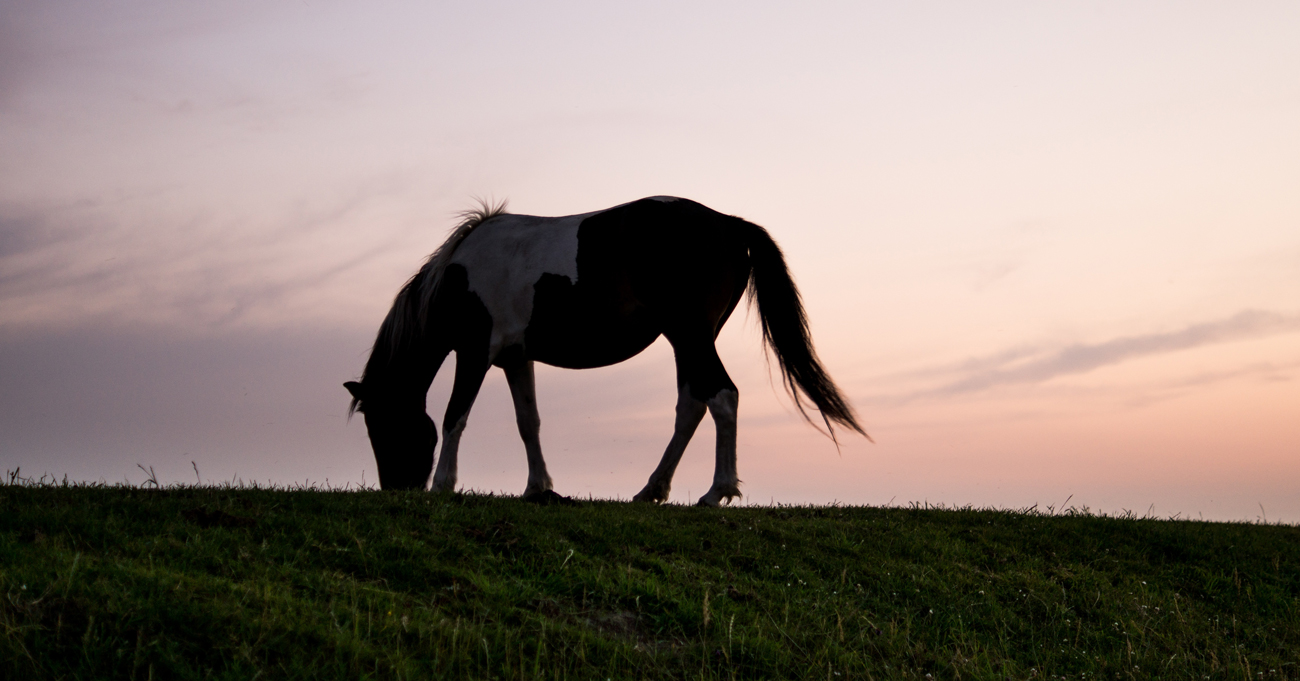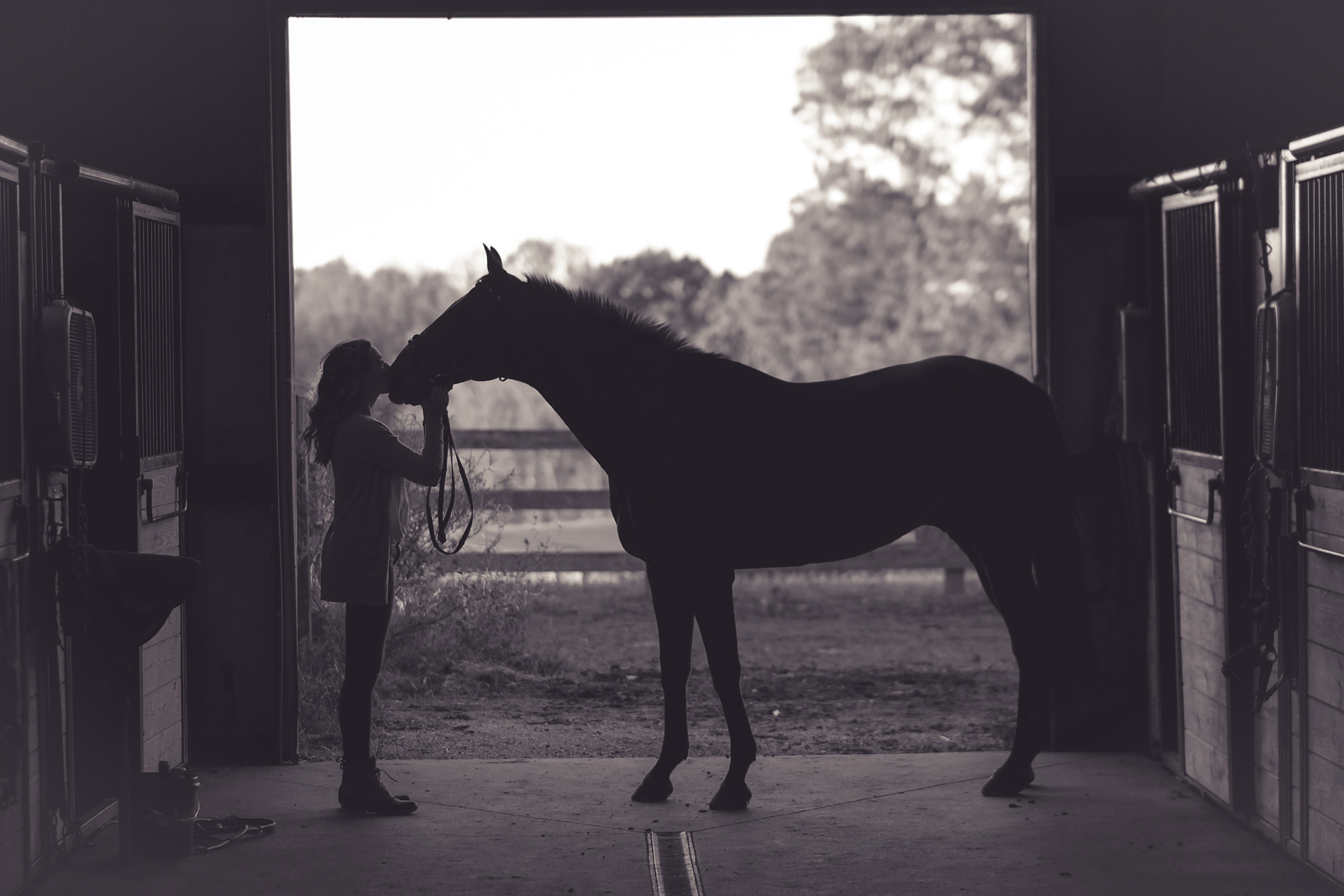With horse medicine and veterinary procedures constantly developing, our equine friends can look forward to living longer than ever before. However, that prolonged lifespan means the owner's responsibilities have become more complicated.
And when you’ve given your trusty companion love and care throughout their working life, you’ll want to continue that into retirement.
So, here’s a guide to help assess when it’s the right time to retire your horse and what your options are.
Why retirement might be an option?
Most owners consider retirement when the horse has become incapable of their previous activity. Either through old age and/or diminishing capabilities and particularly where there is on-going lameness that is unresolvable.
However, many cases are not so clear cut. The lameness might come and go; the horse might have occasional behavioural issues; or the owner might be finding it difficult to meet the financial costs of a continued working life.
On one hand, you won’t want to miss out on potentially years of riding life together but on the other you don’t want to over-ride a horse and create further problems. The decision will ultimately come down to individual owners after discussion with vets, farriers, trainers or other horse care professionals.

What retirement options are there?
If you come to the conclusion it’s the end of your horse’s working life, what options are there? In order to maintain your horse’s health and happiness in their final years you’ll need to find a level of activity and socialisation that will suit both you and them.
When considering this you’ll need to take your horse’s individual needs into account. For example, do they love being ridden? Will they enjoy the challenge of working even if they’ve some aches and pains? Are they still happy to be transported about? If so, you could keep riding them for a little longer but bear in mind sometimes the mind is willing when the body is not!
There are many different options for retirement or semi-retirement. Some possibilities include:
- Reducing the horse’s workload frequency and intensity – perhaps a gentle hack once a week is more manageable and enjoyable at their age.
- Choosing a less stressful level for your horse to compete at – after all not all horses will be capable of competing in the National Veteran Championships.
- Using your horse as a travelling companion for the next generation of more active horses. This is a great way to calm horses during transit and will keep your veteran active and engaged. Make sure you have the right horse trailer insurance in place if you are planning to move your horse.
- If their temperament allows then perhaps lending your horse to a riding therapy centre. Or allowing younger or beginner riders to grow in confidence by riding an older, more experienced horse.
- Moving your horse to stabling where there are more horses or people for them to interact with is an option. However, remember that some horses can find a change of home stressful. Equesure can help you find the right horse trailer insurance to protect your horse and trailer during transport.
- Employing them as a ‘babysitter’ to show young horses the ropes. Young boisterous colts could benefit from the calming influence of an older equine.
- Moving them to a retirement farm – an expensive option but if your budget allows there are many retirement homes available for older equines. Again, make sure you have the right horse trailer insurance in place when you’re transporting horses of any age.
Retirement considerations
If you decide to retire your horse then be aware it can be difficult to change your mind at a later date.
After all, once a body stops its athletic routine, it’s more difficult to get started again. So, before you make the decision, ask yourself the following questions:
Can you afford the care they need?
A horse in retirement can cost almost as much as one in work as they still need worming, hoof care, appropriate feed and shelter, veterinary care and some equipment. While lower activity levels mean you might reduce their feed and there might be less need for some costs (in particular riding equipment) the care bill will still be substantial. For example, you’ll still need horse insurance and horse trailer insurance.
Can you give them the attention they deserve?
The level of care and attention your horse needs is still high whether they’re retired or not. Indeed, during the winter a retired horse will need just as much attention through frequent visits, grooming or handling. And if your horse is turned out with other horses will you be able to keep an eye out for problems? Sometimes older horses can be pushed around or bullied by younger, more dominant field companions.

Can you afford more than one horse?
If you retire your horse can you afford to maintain another to ride or are you happy borrowing someone else’s during your horse’s years of retirement? You need to be honest with yourself whether this is the case. If it isn’t, then you might have to consider other options.
Is there another option?
If your answer to any of these questions is ‘no’ then you might need to consider alternatives. Rehoming could be worth looking into depending on your reasons for retirement. However as the Blue Cross advises, sometimes this isn’t in the best interests of a horse or a realistic option.
Difficult as it is to consider, if rehoming or retirement isn’t right for your horse then putting a horse down might be the kindest option in the long term. Always seek your vet’s guidance before taking this route.
Horse trailer insurance with Equesure
As your faithful steed gets older, thinking about their future life can be stressful. The dedicated team at Equesure is aware of these pressures and will work to find you the most appropriate insurance cover for your changing needs.
With over 60 years of experience in the specialist equine insurance market, we can find horse trailer insurance cover to suit any budget. Policies arranged through Equesure can include the following:
- Accidental damage, fire and theft as standard
- Vehicle and trailer breakdown cover
- Public liability available up to £1 million
- EU cover included on some policies
Get a quote from Equesure today.
Policy benefits, features and discounts offered may very between insurance schemes or cover selected and are subject to underwriting criteria. Information contained within this article is accurate at the time of publishing but may be subject to change.





